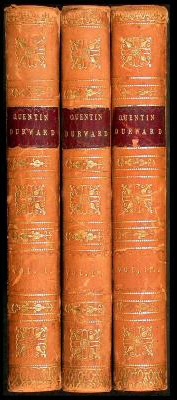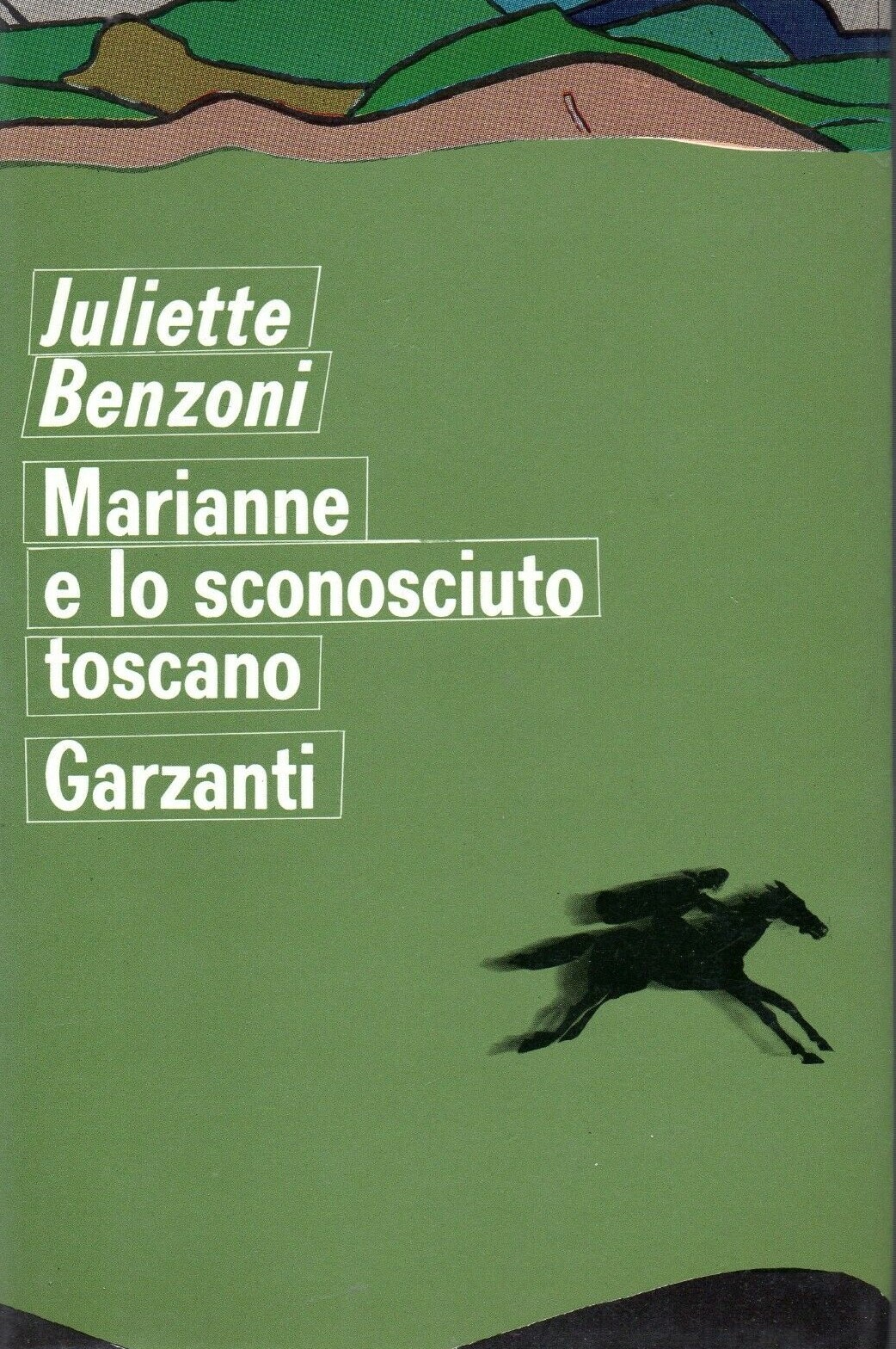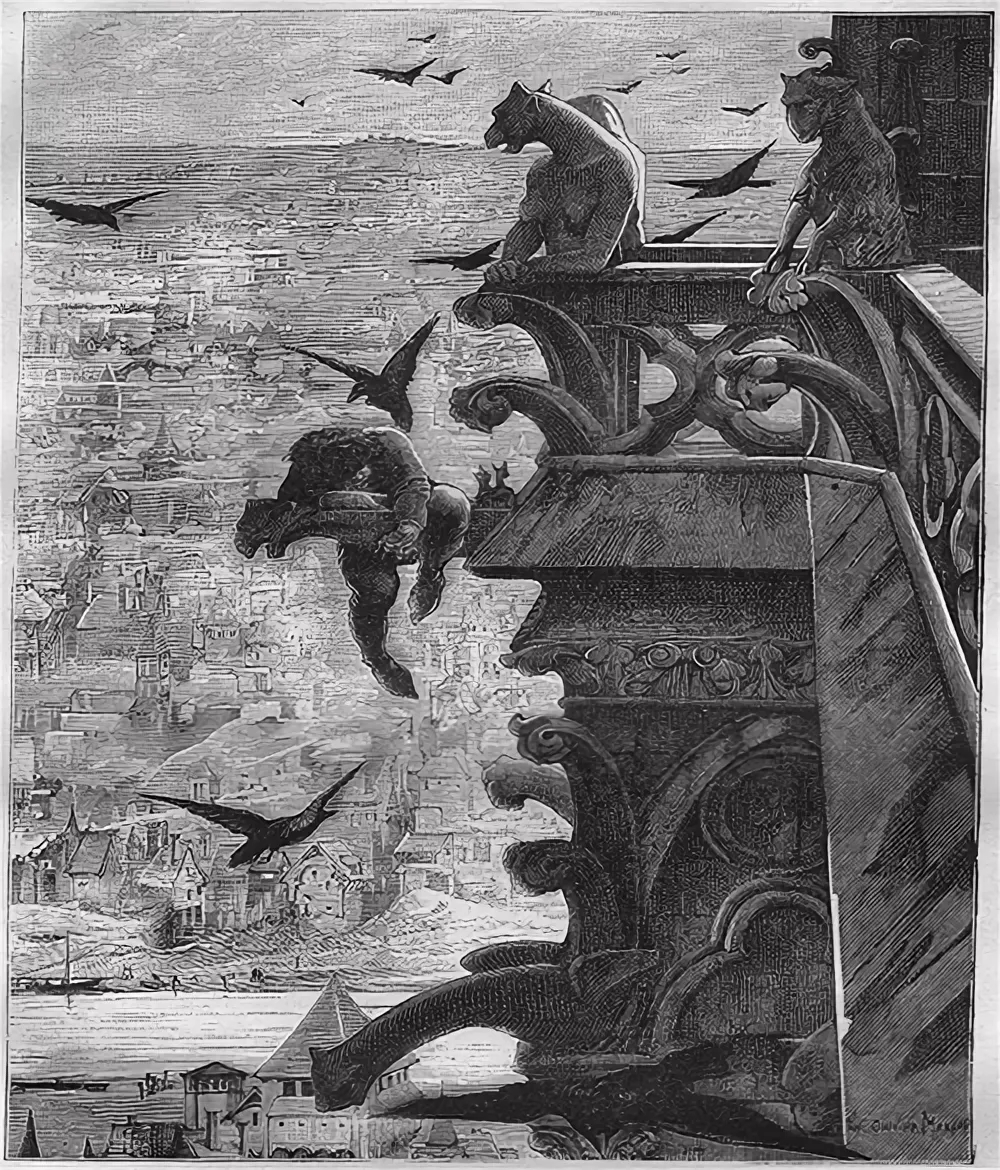|
Tristan L'Hermite
:''See also François Tristan l'Hermite'' Tristan l'Hermite (died c. 1478) was a French political and military figure of the late Middle Ages. He was born in Flanders near the beginning of the century. He was provost of the marshals of the King's household under Louis XI of France, which gave him enormous power in the Intrigues and plots that characterized that king's 22-year reign. The mystique surrounding his name caused the 17th-century French poet and playwright François l'Hermite to take his name as a pseudonym. He appears as a figure in Victor Hugo's '' Notre-Dame de Paris'', in Walter Scott's ''Quentin Durward'', in the Justin Huntly McCarthy play ''If I Were King'', and in the operetta made from the play, Rudolf Friml's ''The Vagabond King''. He is also a character, as a young man still in the service of Arthur III of Brittany, in Juliette Benzoni Juliette Benzoni (30 October 1920 – 7 February 2016) was a French author and international bestseller in several ... [...More Info...] [...Related Items...] OR: [Wikipedia] [Google] [Baidu] |
François Tristan L'Hermite
François l'Hermite (c. 16017 September 1655) was a French dramatist who wrote under the name Tristan l'Hermite. He was born at the Château de Soliers in the Haute Marche. Life His adventures began early, for he killed his enemy in a duel at the age of thirteen, and was obliged to flee to England. The story of his childhood and youth he embroiders in a burlesque novel, the . He was, in succession, poet to Gaston d'Orléans, to the duchesse de Chaulnes and the duke of Guise. His first tragedy, ''Marianne'' (1636), was also his best. It was followed by ''Penthée'' (1637), ''La Mort de Seneque'' (1644), ''La Mort de Crispe'' (1645) and the ''Parasite'' (1654). He was also the author of some admirable lyrics. Three of his best plays are printed in the ''Théâtre français'' of 1737. He took his pseudonym from Tristan l'Hermite, a shadowy figure of the late Middle Ages who was provost of the marshals of the King's household under Louis XI of France. He died due to tuberc ... [...More Info...] [...Related Items...] OR: [Wikipedia] [Google] [Baidu] |
Quentin Durward
''Quentin Durward'' is a historical novel by Sir Walter Scott, first published in 1823. The story concerns a Scottish archer in the service of the French King Louis XI (1423–1483) who plays a prominent part in the narrative. Composition and sources ''Quentin Durward'' was composed in a remarkably short space of time. After carrying out some preparatory research towards the end of 1822 Scott began writing in January 1823 and supplied the finishing sentences in response to a request from his coadjutor James Ballantyne on 3 May. Scott's principal source was the ''Mémoires'' of Philippe de Commines. As usual he adapts historical facts freely in the construction of his fiction, though he generally follows Comines' balanced approach to the character of Louis XI. He was able to make substantial use of other documents and the editorial commentary in the collection in which Comines was included, the first series of the ''Collection complete des mémoires relatifs a l'histoire ... [...More Info...] [...Related Items...] OR: [Wikipedia] [Google] [Baidu] |
French Military Personnel
French (french: français(e), link=no) may refer to: * Something of, from, or related to France ** French language, which originated in France, and its various dialects and accents ** French people, a nation and ethnic group identified with France ** French cuisine, cooking traditions and practices Fortnite French places Arts and media * The French (band), a British rock band * "French" (episode), a live-action episode of ''The Super Mario Bros. Super Show!'' * ''Française'' (film), 2008 * French Stewart (born 1964), American actor Other uses * French (surname), a surname (including a list of people with the name) * French (tunic), a particular type of military jacket or tunic used in the Russian Empire and Soviet Union * French's, an American brand of mustard condiment * French catheter scale, a unit of measurement of diameter * French Defence, a chess opening * French kiss, a type of kiss involving the tongue See also * France (other) * Franch, a surname * French ... [...More Info...] [...Related Items...] OR: [Wikipedia] [Google] [Baidu] |
Juliette Benzoni
Juliette Benzoni (30 October 1920 – 7 February 2016) was a French author and international bestseller in several genres, including historical romance, historical fiction, mystery fiction, mystery and screenplay, screenwriting. In 1998, at the age of 78, she received the National Order of Merit (France), Chevalier de l'Ordre National (National Order of Merit) from President Jacques Chirac. Known as the "Queen of History Novels" and "Daughter of Alexander Dumas", she wrote 86 books, which were translated into at least 22 languages. Personal life She was born Andrée-Marguerite-Juliette Mangin, the daughter of Marie-Susanne Arnold (of Alsace and Swiss origin) and Charles-Hubert Mangin. She grew up in an upper-middle-class family in Paris. At the age of nine she discovered her passion for history through reading a book about Joan of Arc, and her father encouraged her to read the books of Alexandre Dumas, Alexander Dumas by giving her a copy of ''The Three Musketeers''. Benzoni ... [...More Info...] [...Related Items...] OR: [Wikipedia] [Google] [Baidu] |
Arthur III Of Brittany
Arthur III ( br, Arzhur), more commonly known as Arthur de Richemont (24 August 139326 December 1458), was briefly Duke of Brittany from 1457 until his death. He is noted primarily, however, for his role as a leading military commander during the Hundred Years' War. Although Richemont briefly sided with the English once, he otherwise remained firmly committed to the House of Valois. He fought alongside Joan of Arc, and was appointed Constable of France. His military and administrative reforms in the French state were an important factor in assuring the final defeat of the English in the Hundred Years' War. The name Richemont reflects the fact that he inherited the English title of Earl of Richmond, which was held by previous dukes of Brittany, but his tenure was never recognized by the English crown. At the very end of his life he became Duke of Brittany and Count of Montfort after inheriting those titles upon the death of his nephew Peter II. Richemont had no legitimate iss ... [...More Info...] [...Related Items...] OR: [Wikipedia] [Google] [Baidu] |
The Vagabond King
''The Vagabond King'' is a 1925 operetta by Rudolf Friml in four acts, with a book and lyrics by Brian Hooker and William H. Post, based upon Justin Huntly McCarthy's 1901 romantic novel and play ''If I Were King''. The story is a fictionalized episode in the life of the 15th-century poet and thief François Villon, centering on his wooing of Katherine De Vaucelles (the cousin of King Louis XI), and relating how he becomes “king for a day” and defends France against the invading forces of the Duke of Burgundy. The original production opened on Broadway in 1925, starring Dennis King and ran for 511 performances. The operetta then played in London, toured extensively and enjoyed revivals and two film adaptations, including one with King and Jeanette MacDonald. Background In 1901, writer Justin Huntly McCarthy sentimentalized Villon's career in a novel, ''If I Were King'', that borrowed the king-for-a-day theme, allowing Villon to defeat France's enemies and win the hand o ... [...More Info...] [...Related Items...] OR: [Wikipedia] [Google] [Baidu] |
Rudolf Friml
Charles Rudolf Friml"Mrs. Rudolf Friml to Receive Divorce" ''The New York Times'', July 25, 1915, p. 15 (December 7, 1879 – November 12, 1972) was a Czech-born of s, musicals, songs and piano pieces, as well as a . After musical training and a brief performing career in his native |
If I Were King
''If I Were King'' is a 1938 American biographical and historical film starring Ronald Colman as medieval poet François Villon, and featuring Basil Rathbone and Frances Dee. It is based on the 1901 play and novel, both of the same name, by Justin Huntly McCarthy, and was directed by Frank Lloyd, with a screenplay adaptation by Preston Sturges. Plot In Paris, which has long been besieged by the Burgundians, François Villon is the despair of Father Villon, the priest who took him in and raised him from the age of six. Father Villon takes François to mass after his latest escapade (robbing a royal storehouse). There François spies a beautiful woman, Katherine DeVaucelles. Entranced, he tries to strike up an acquaintance, reciting one of his poems (from which the film takes its title) and pretending it was written specially for her. On the surface, she is unmoved, but when soldiers come to take him into custody, she provides him with an alibi. The crafty King Louis XI of Fran ... [...More Info...] [...Related Items...] OR: [Wikipedia] [Google] [Baidu] |
Justin Huntly McCarthy
Justin Huntly McCarthy (1859 – 20 March 1936) was an Irish author, historian, and nationalist politician. He was a Member of Parliament (MP) from 1884 to 1892, taking his seat in the House of Commons of the United Kingdom. He was the son of Justin McCarthy (1830–1912). Since both father and son were authors, historians, and Members of Parliament, they are sometimes confused in lists and compilations. Political career McCarthy was first elected to Parliament at a by-election on 12 June 1884, when he was returned unopposed as the Home Rule League member for Athlone, following the death of the Liberal MP Sir John James Ennis. Athlone lost its status as a parliamentary borough under the Redistribution of Seats Act 1885, and at the 1885 general election McCarthy stood instead in the borough of Newry in County Down, where he was returned unopposed for the Irish Parliamentary Party. He was re-elected in 1886, with a comfortable majority over the Liberal Unionist Reginald Saund ... [...More Info...] [...Related Items...] OR: [Wikipedia] [Google] [Baidu] |
The Hunchback Of Notre Dame
''The Hunchback of Notre-Dame'' (french: Notre-Dame de Paris, translation=''Our Lady of Paris'', originally titled ''Notre-Dame de Paris. 1482'') is a French Gothic novel by Victor Hugo, published in 1831. It focuses on the unfortunate story of Quasimodo, the Gypsy street dancer Esmeralda and Quasimodo's guardian the Archdeacon Claude Frollo in 15th-century Paris. All its elements—Renaissance setting, impossible love affairs, marginalized characters—make the work a model of the literary themes of Romanticism. The novel has been described as a key text in French literature and has been adapted for film over a dozen times, in addition to numerous television and stage adaptations, such as a 1923 silent film with Lon Chaney, a 1939 sound film with Charles Laughton, and a 1996 Disney animated film with Tom Hulce. The novel sought to preserve values of French culture in a time period of great change, which resulted in the destruction of many French Gothic structures. The nov ... [...More Info...] [...Related Items...] OR: [Wikipedia] [Google] [Baidu] |
Tristan L'Hermite, Grand Maître De L'artillerie
Tristan (Latin/Brythonic: ''Drustanus''; cy, Trystan), also known as Tristram or Tristain and similar names, is the hero of the legend of Tristan and Iseult. In the legend, he is tasked with escorting the Irish princess Iseult to wed Tristan's uncle, King Mark of Cornwall. Tristan and Iseult accidentally drink a love potion during the journey and fall in love, beginning an adulterous relationship that eventually leads to Tristan's banishment and death. The character's first recorded appearance is in retellings of British mythology from the 12th century by Thomas of Britain and Gottfried von Strassburg, and later in the Prose ''Tristan''. He is featured in Arthurian legends, including the seminal text ''Le Morte d'Arthur'', as a skilled knight and a friend of Lancelot. The historical roots of Tristan are unclear; his association with Cornwall may originate from the Tristan Stone, a 6th-century granite pillar in Cornwall inscribed with the name ''Drustanus'' (a variant o ... [...More Info...] [...Related Items...] OR: [Wikipedia] [Google] [Baidu] |
Victor Hugo
Victor-Marie Hugo (; 26 February 1802 – 22 May 1885) was a French Romantic writer and politician. During a literary career that spanned more than sixty years, he wrote in a variety of genres and forms. He is considered to be one of the greatest French writers of all time. His most famous works are the novels ''The Hunchback of Notre-Dame'' (1831) and ''Les Misérables'' (1862). In France, Hugo is renowned for his poetry collections, such as (''The Contemplations'') and (''The Legend of the Ages''). Hugo was at the forefront of the Romanticism, Romantic literary movement with his play ''Cromwell (play), Cromwell'' and drama ''Hernani (drama), Hernani''. Many of his works have inspired music, both during his lifetime and after his death, including the opera ''Rigoletto'' and the musicals ''Les Misérables (musical), Les Misérables'' and ''Notre-Dame de Paris (musical), Notre-Dame de Paris''. He produced more than 4,000 drawings in his lifetime, and campaigned for social cau ... [...More Info...] [...Related Items...] OR: [Wikipedia] [Google] [Baidu] |





.jpg)

.jpg)
